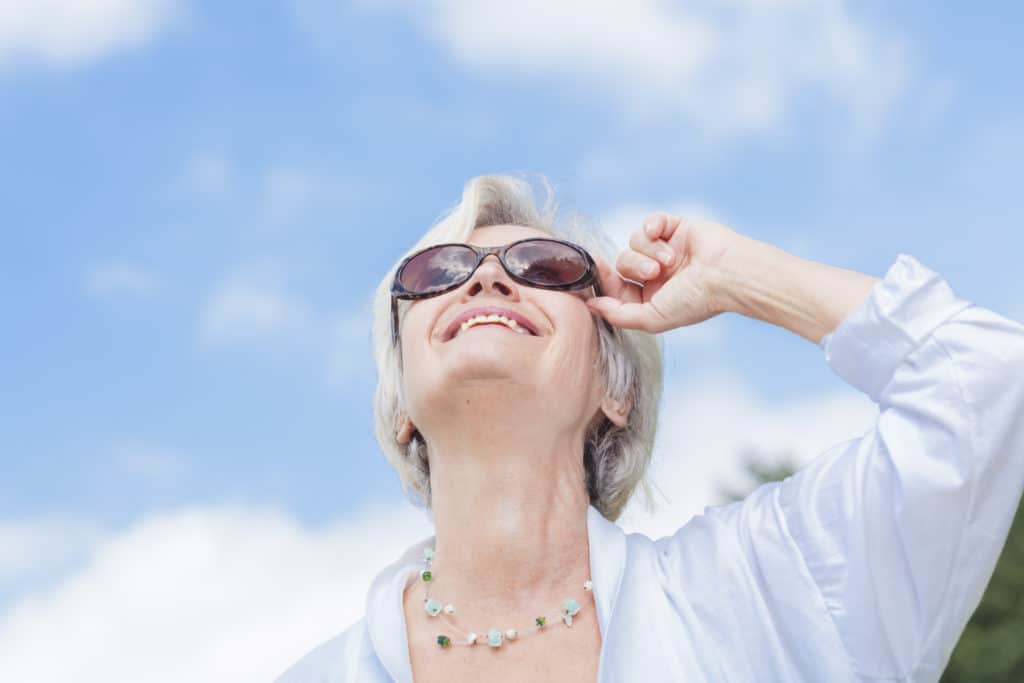Does Vitamin D help the fight against COVID-19

Does vitamin D play a role in reducing the risk of COVID-19 infection, and might it help the UK’s BAME communities?
There is growing evidence to suggesting that BAME (Black, Asian and minority ethnic) groups experience higher death rates due to COVID-19, as well as relatively higher rates of infection
This may be due firstly to increased exposure to infection by virtue of work or living conditions and secondly on the higher prevalence of co-morbidities such as diabetes and heart disease among BAME populations giving rise to poorer outcomes once infected.
However, there is emerging evidence that vitamin D may also be linked to Covid infection. Globally, data shows that populations in the northern hemisphere have higher infection rates and death rates than the southern hemisphere. While many factors are likely to influence national differences (population demographics, access to care, response to the situation etc.), vitamin D is now being investigated.
Vitamin D has been considered as a possible factor associated with both prevention and recovery in a number of diseases, but trials have not been conclusive, except for a 2017 analysis which found that vitamin D supplementation reduced the risk of contracting upper respiratory tract infections.
A review of European data showed an association between vitamin D levels and COVID-19 mortality. It seems that vitamin D could play a role in reducing the risk of infection, or in improving COVID-19 infection outcomes.
Until relatively recently the UK population met its vitamin D requirements through exposure to sunlight. Most people worked and spent enough time outdoors to achieve this. Today, however, if you don’t spend much time outside – especially if you are elderly and housebound – or if you have dark skin (melatonin protects against UV, but consequently reduces vitamin D production) then Vitamin D deficiency may be an issue or it may be necessary to take a vitamin D supplement.
It seems plausible that people from BAME backgrounds living in the UK might have lower systemic levels of vitamin D generally. Perhaps not low enough to create problems day to day – but low enough to increase the risk of contracting COVID-19, or to place people at higher risk of complications and death.
Whilst we wait for additional research, and whilst we are still some way from having all the evidence needed to support comprehensive risk profiles for each of us based on our sex, age, ethnicity, socio-economic status and employment (all of which are implicated in elevating risk) it seems that now could be a good time to consider taking a vitamin D supplement, especially if you are from a BAME group with dark skin, or have previously been identified as being deficient in vitamin D.


